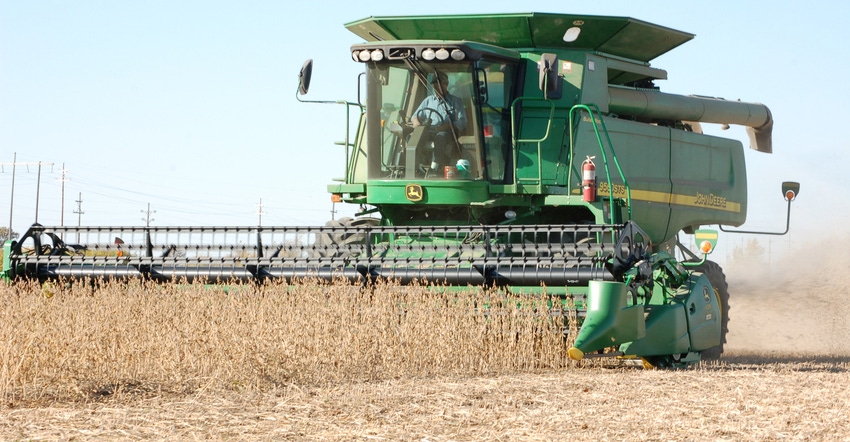October 4, 2018

On Sept. 25, the Trump administration moved forward on a 10% tariff for an additional $200 billion in Chinese imports, and China quickly retaliated with another $60 billion of U.S. products. This move further escalates the trade dispute between the two countries that began in April of this year and is showing no signs of coming to a resolution.
The Ohio Soybean Association, along with its national affiliate, the American Soybean Association, expressed concern that if the U.S. and China do not come to the table to negotiate soon, soybean farmers will be dealing with significant consequences and long-term damage to the industry.
A recent study by Ohio State University examined the potential impact of these tariffs on Ohio farmers. Using a representative farm, researchers found the proposed tariffs could decrease a farm’s net worth by an estimated 6%, and annual net income by 59%, over a six-year period. According to a separate study conducted by Purdue University, total U.S. soybean production would decline by 15%.
“We need to find a way to come to the table and start negotiations,” says Allen Armstrong, OSA president and a Clark County soybean farmer. “We need to end this back-and-forth trade dispute that is hurting farmers and rural America. This is no longer about short-term price drops. Ohio farmers are going to experience long-term negative impacts from these actions for years to come.”
In addition to asking the administration to rescind the tariffs, OSA and ASA are asking that other vital trade agreements be finalized, and to double funding for the Foreign Market Development and Market Access programs to increase export promotion activities and find new markets for soybeans.
Ohio is the sixth-largest producer of soybeans in the U.S., with 4.8 million acres planted in 2017. More than 60% of the state’s entire soybean production was exported to international markets. China imported $13.9 billion in U.S. soybeans in 2017, 60% of total U.S. exports.
“We continue to ask the administration to address trade concerns with China in ways that do not put the future of Ohio soybean farmers at risk,” says Armstrong.
Source: Ohio Soybean Association
You May Also Like




